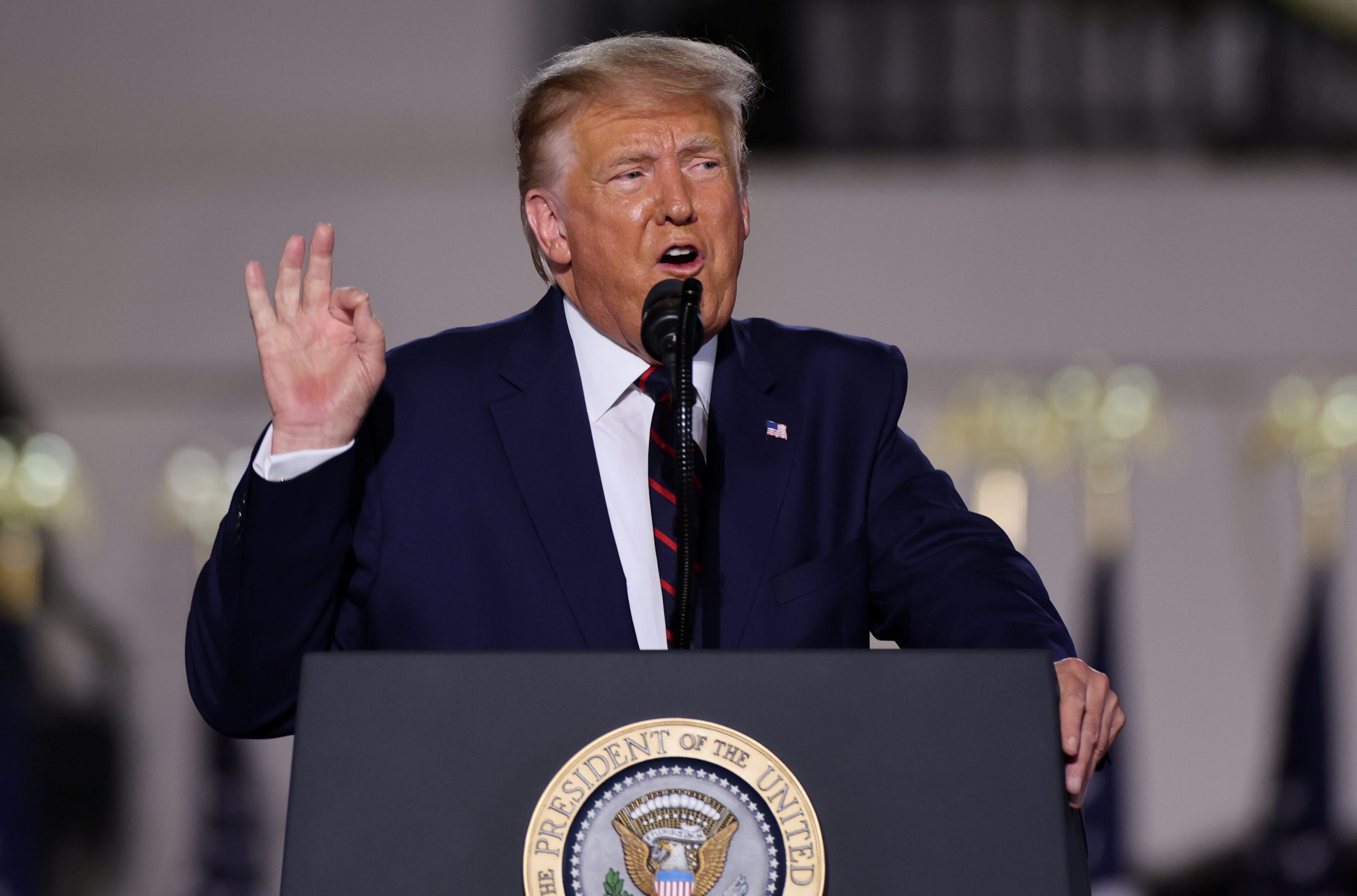President Donald Trump, pressing for new social media regulations, plans to nominate a senior administration official to be a member of the Federal Communications Commission (FCC), the White House said on Tuesday.
The nomination of Nathan Simington, a senior adviser at the Commerce Department’s National Telecommunications and Information Administration (NTIA), comes after the White House abruptly announced in early August it was withdrawing the nomination of Republican FCC Commissioner Mike O’Rielly to serve another term.
Trump issued an executive order in May requiring the NTIA to petition the FCC asking the commission to impose new regulations on social media moderation practices after Twitter Inc warned readers to fact-check his posts about unsubstantiated allegations of fraud in mail-in voting.
Simington helped draft the May executive order, the Washington Post reported.
By contrast, O’Rielly expressed skepticism about whether the FCC had authority to issue new regulations covering social media companies. In July, he said the “the First Amendment protects us from limits on speech imposed by the government – not private actors – and we should all reject demands, in the name of the First Amendment, for private actors to curate or publish speech in a certain way.”
O’Rielly, who has not commented on the White House withdrawal of his name, congratulated Simington Tuesday in a Twitter post on his nomination “and offer best wishes for a smooth confirmation process and successful term.”
FCC Chairman Ajit Pai opened NTIA’s petition to public comment. The comment period expires this week. He has declined to comment on its merits.
A group representing major internet companies including Facebook Inc and Amazon.com Inc urged the FCC to reject the petition, saying the effort “is misguided, lacks grounding in law, and poses serious public policy concerns.”
NTIA asked the FCC to limit protections for social media companies under Section 230, a provision of the 1996 Communications Decency Act that shields social media companies from liability for content posted by their users and allows them to remove lawful but objectionable posts.
(Reporting by David Shepardson and Eric Beech; Editing by Peter Cooney and Christopher Cushing)
























